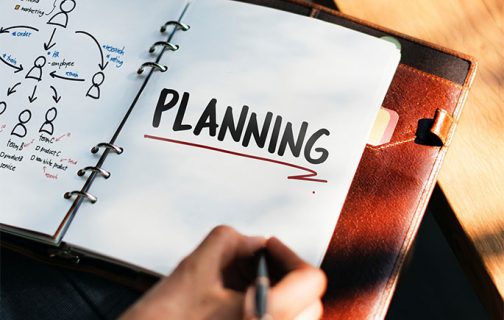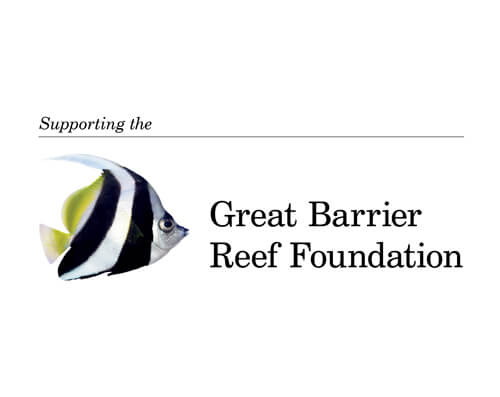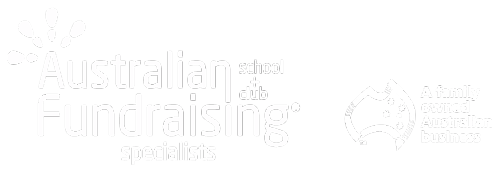
The Fundraising Event Planning Checklist
Fundraising events make generating funds, fun and exciting. It is like promoting and exposing your cause to a larger audience, getting huge benefits from it, and enjoying the whole process. Holding a fundraiser is as challenging as it is fun, but a strategic course of action will help ensure efficiency, accuracy, excellence, and success.
There are lots to prepare for before a fundraising event happens. This is where planning becomes crucial. Having a concrete plan on how to do things and who are tasked to do certain things within a timeframe is of high importance.
Why a Planning Checklist Is Important
There is no overstating the importance of having a planning checklist with you as you plan your fundraising event. Just like a grocery checklist, a planning checklist guides you through the process in the right order without forgetting the minor details.
As you grow along and plan more fundraisers in the future, you will be able to master the checklist and commit it to memory. However, if you are only new to the job, you need some clear and effective guidance and a planning checklist can very well do it for you.
Event Planning Checklist
An event planning checklist includes things, tasks, and reminders that you need to plan a successful fundraising event.
This checklist is specifically designed for a fundraising event. There may be other things necessary and unique to your needs that are not included in this checklist so feel free to customize and modify it to fit your preference.
1. Establish the Purpose of Your Event
Before anything else and prior to delving into the details, you must first have a clearly defined purpose or intent for your event. Fundraisers are, of course, held to gather funds but they may very well serve other purposes. For example, you can use also use it to create a cooperative atmosphere in your community, or raise awareness, or actively include certain sectors to a worthy cause.
Determining the purpose of your event gives birth to the motivations on working hard and pushing for it. More importantly, it will help you structure your plans and the event itself more effectively and appropriately.
2. Determine Your Goals
Having a clear set of goals allows you to design your event more appropriately. Goals steer your planning and designing process toward the right direction. It helps you grasp the essential details of the event and arrange them accordingly.
For fundraisers, one of the main goals you need to identify is the amount of money you want to raise. The return of investment (ROI) you wish to achieve should be clearly identified so you can design a fitting plan to achieve it.
3. Identify Your Target Audience
In the case of fundraising events, you need to identify groups or individuals you want to get involved. They can be as participants or as benefactors. Specific events are best for specific audiences and knowing who you want to target will help you decide on the type of event you will be doing.
4. Set a Budget
Financial preparation is imperative when it comes to planning events. Setting a budget will help you determine your monetary limitations. This will also allow you to identify how much money you need to start your fundraising. Your budget should include all necessary expenses. Here is a list of common expenses during events:
- Invitations and marketing
- Entertainment Equipment
- Catering/ Bar Service
- Staffing
- Printing
- Rentals
- Activity Equipment
- Incidentals
In the case of fundraising activities, start-up money may be needed to purchase materials necessary for holding the event, like cookie doughs for selling cookies.
5. Create a Working Committee
From your organizers, board, and volunteers you will now create a team of working committees. Committees are assigned with specific tasks related to the fundraising event. The number of people in a particular committee varies on the nature of the tasks assigned to that group. The selection will also help in delving down with the details of what tasks to do and who will do them including other information.
6. Design a Promotion Strategy
Once all is set, you need now to spread the word on your fundraising event. A promotion strategy to gather participants and get sponsors should be designed well. This is to effectively capture the intended participation to reach your goal. A timeframe of how long the promotions will run to inject a sense of urgency on the promotion.
Keep in mind that planning a fundraising event requires hard work and a clear track to achieve your goals. Be critical in your planning, but do not limit your creativity. Some out of the box solutions to certain concerns may just be what you need.
More importantly, have fun doing this for a worthy cause.














